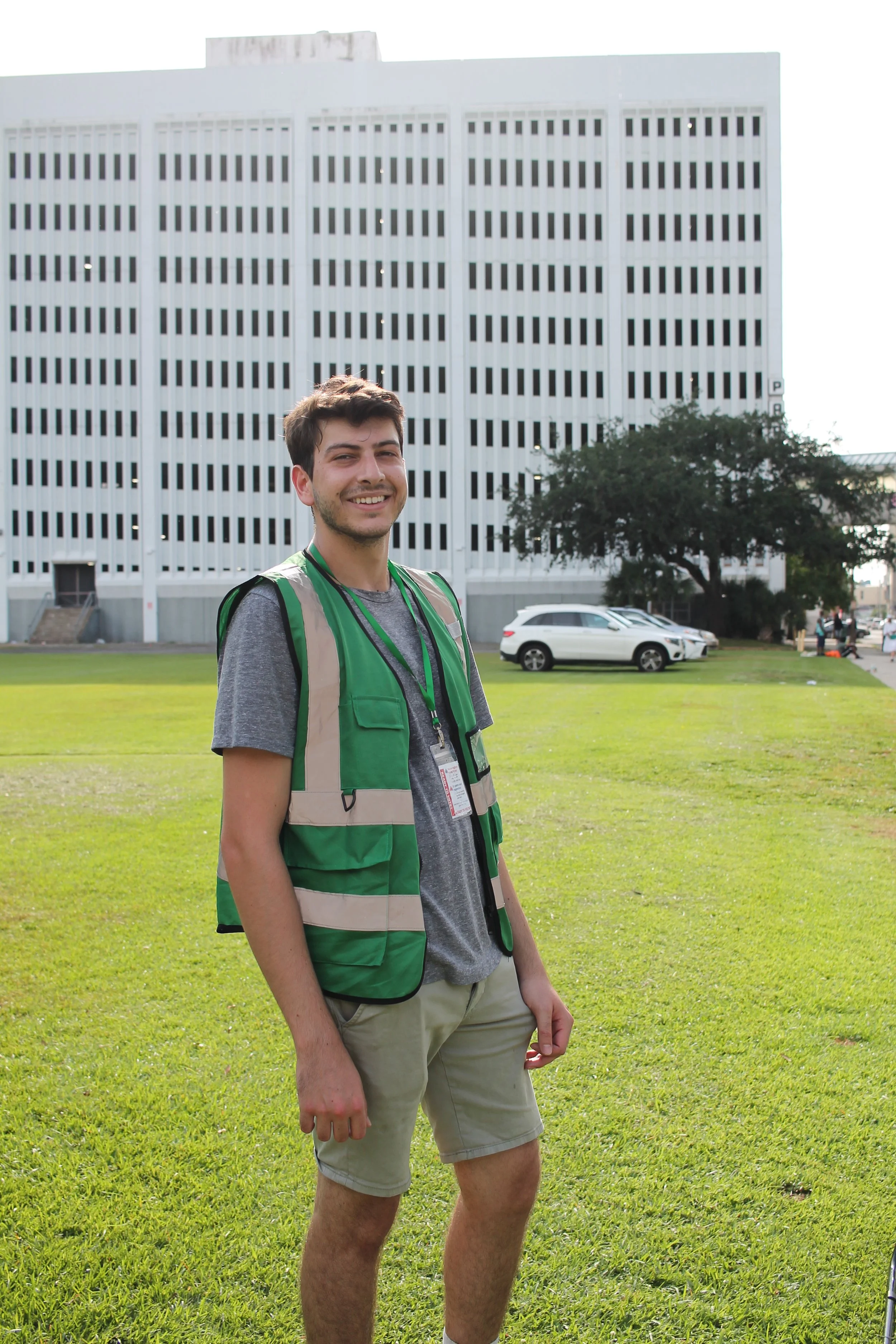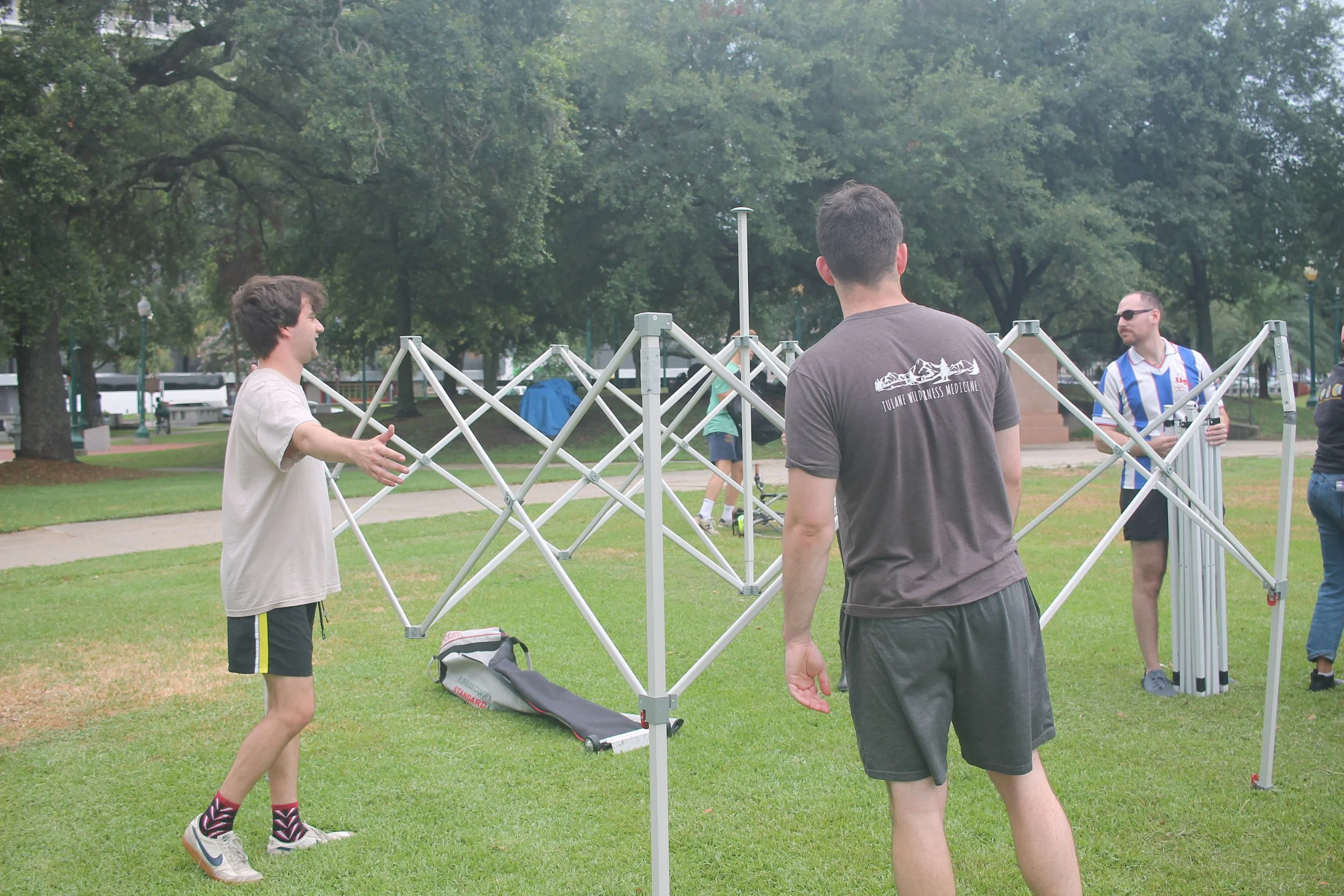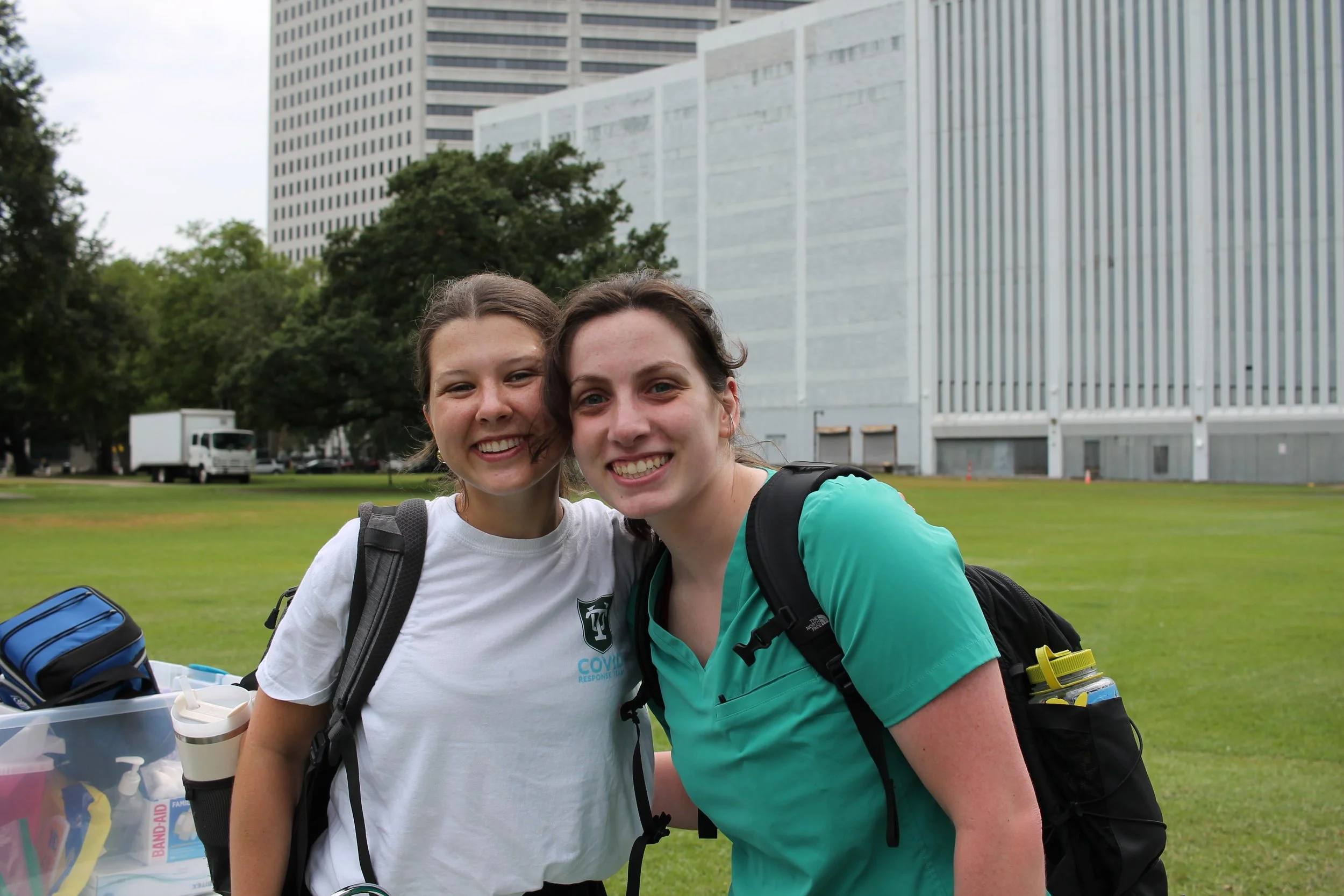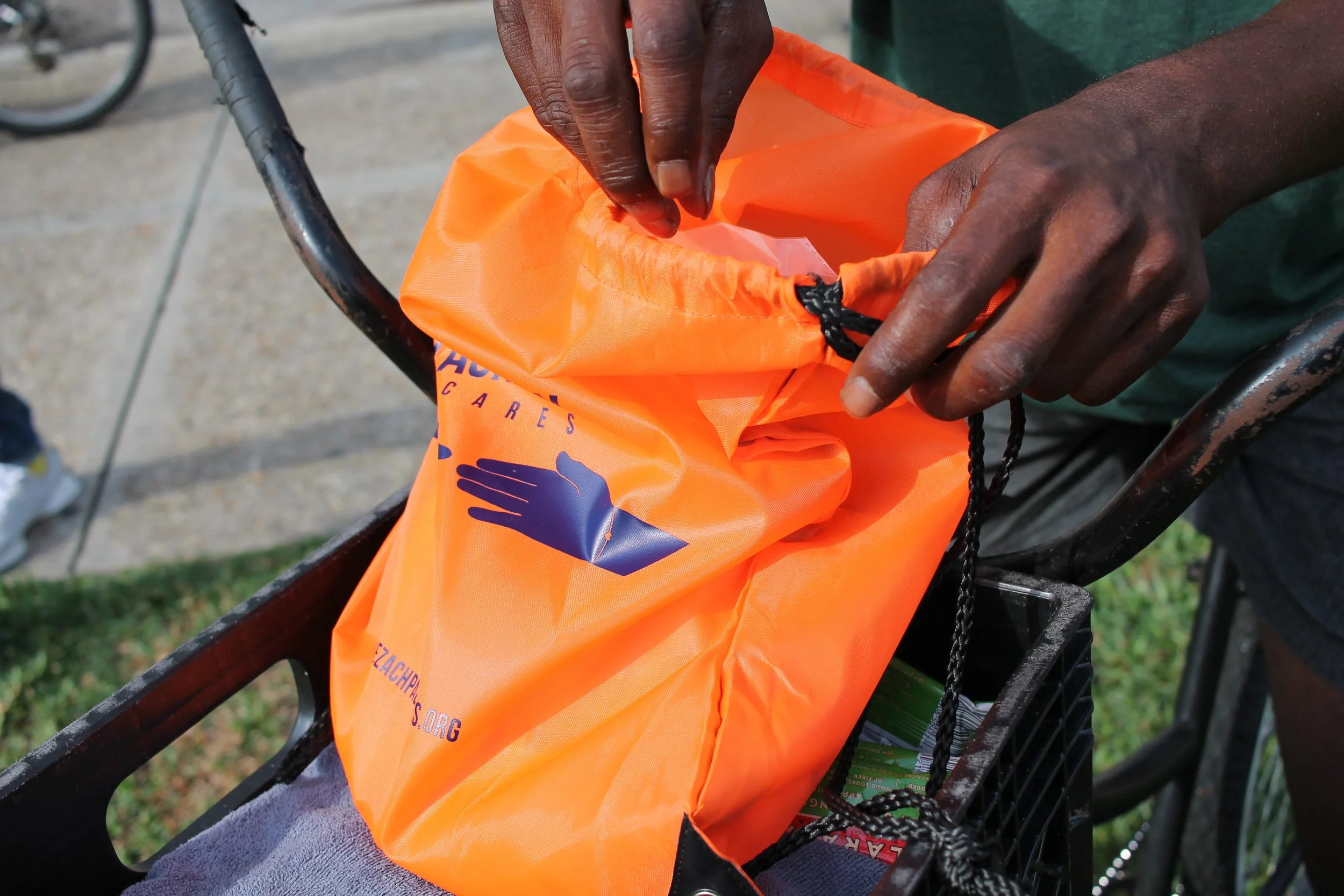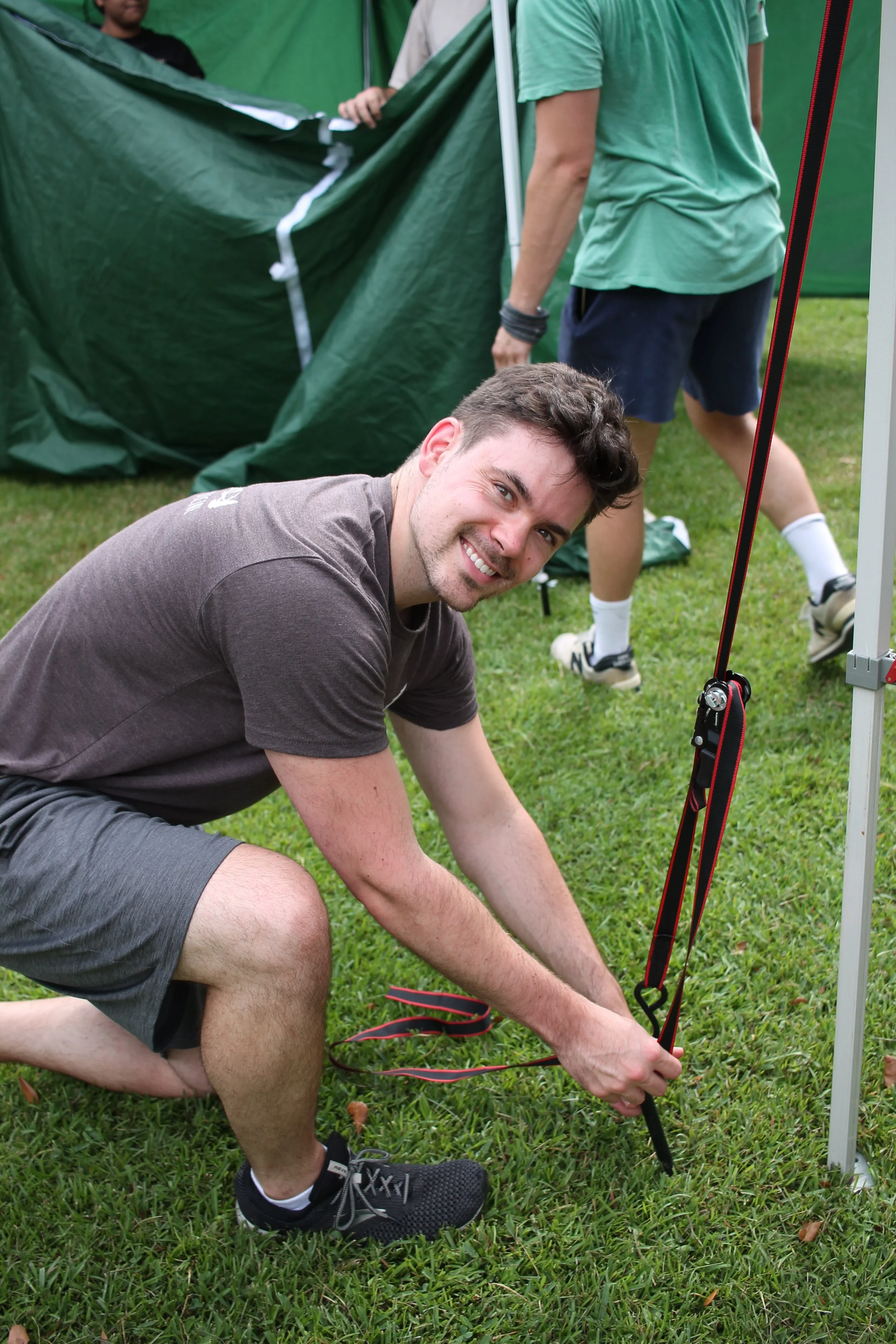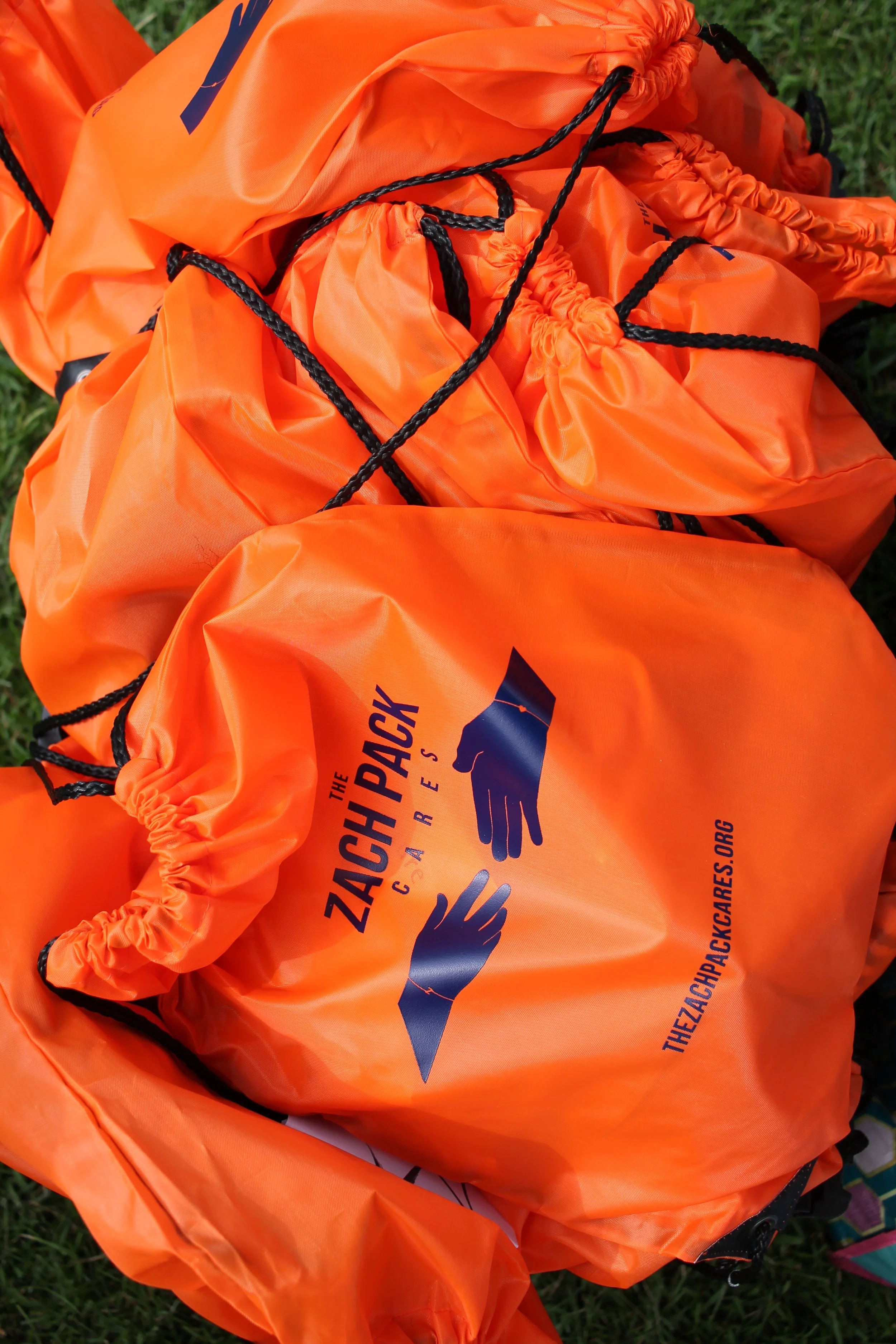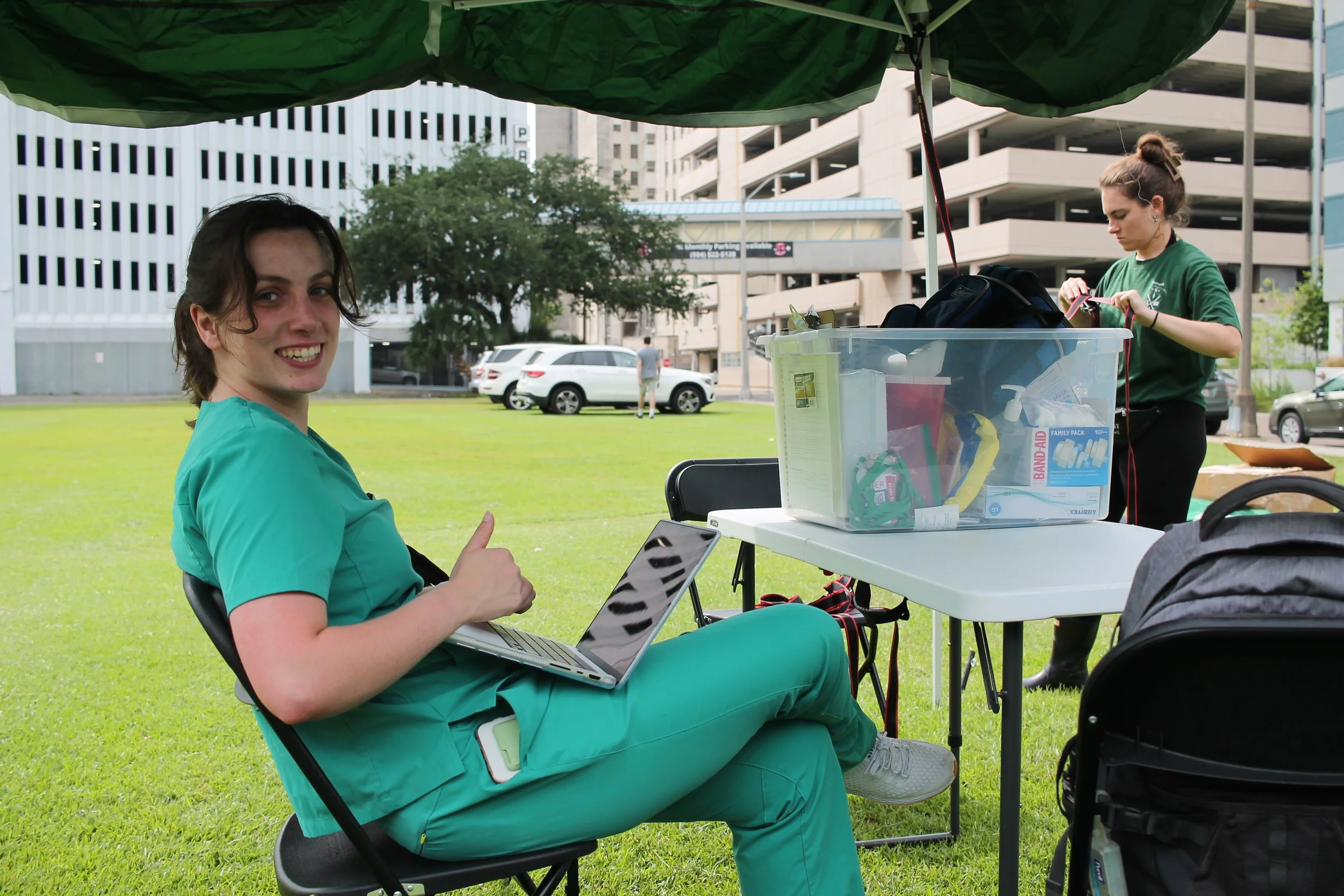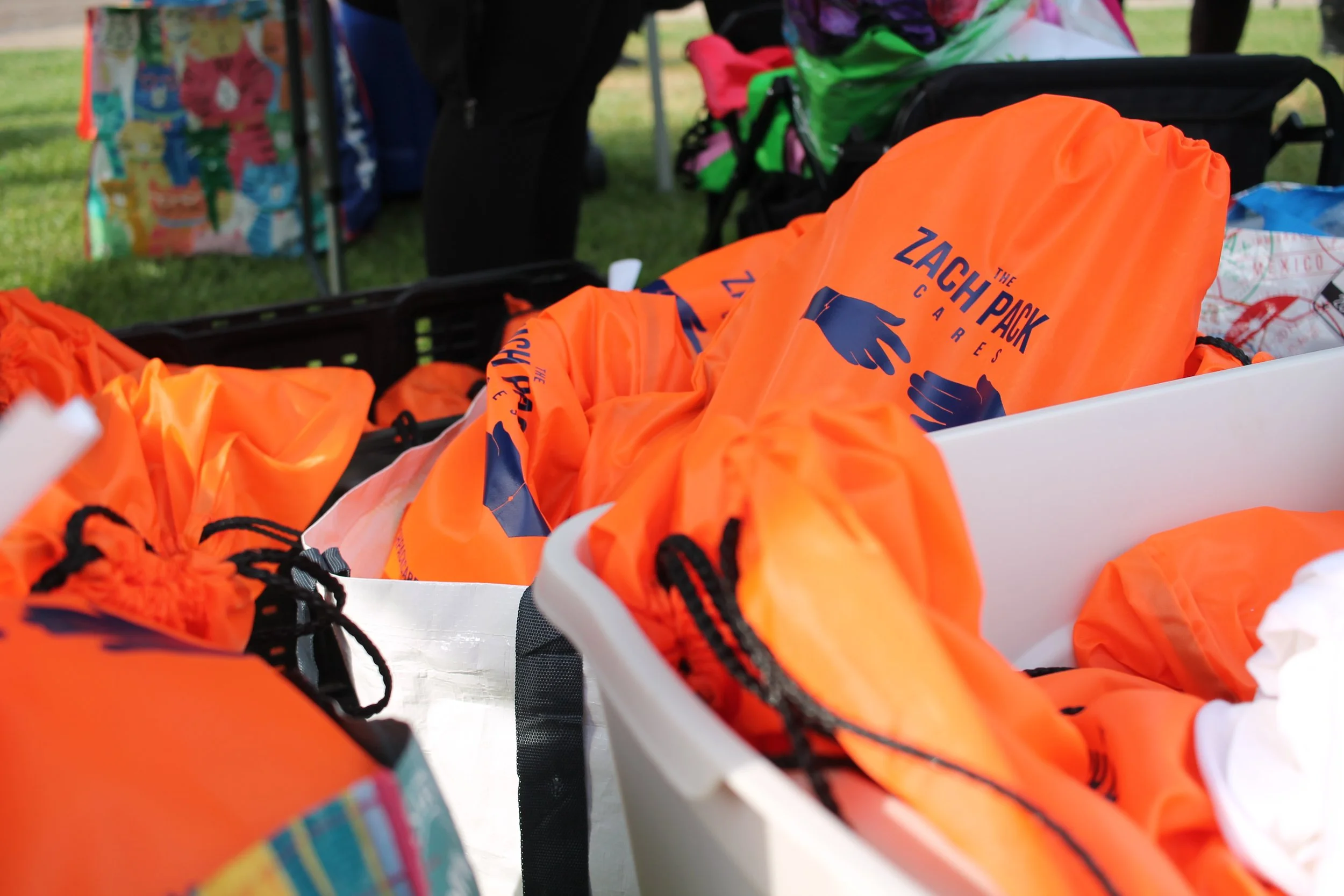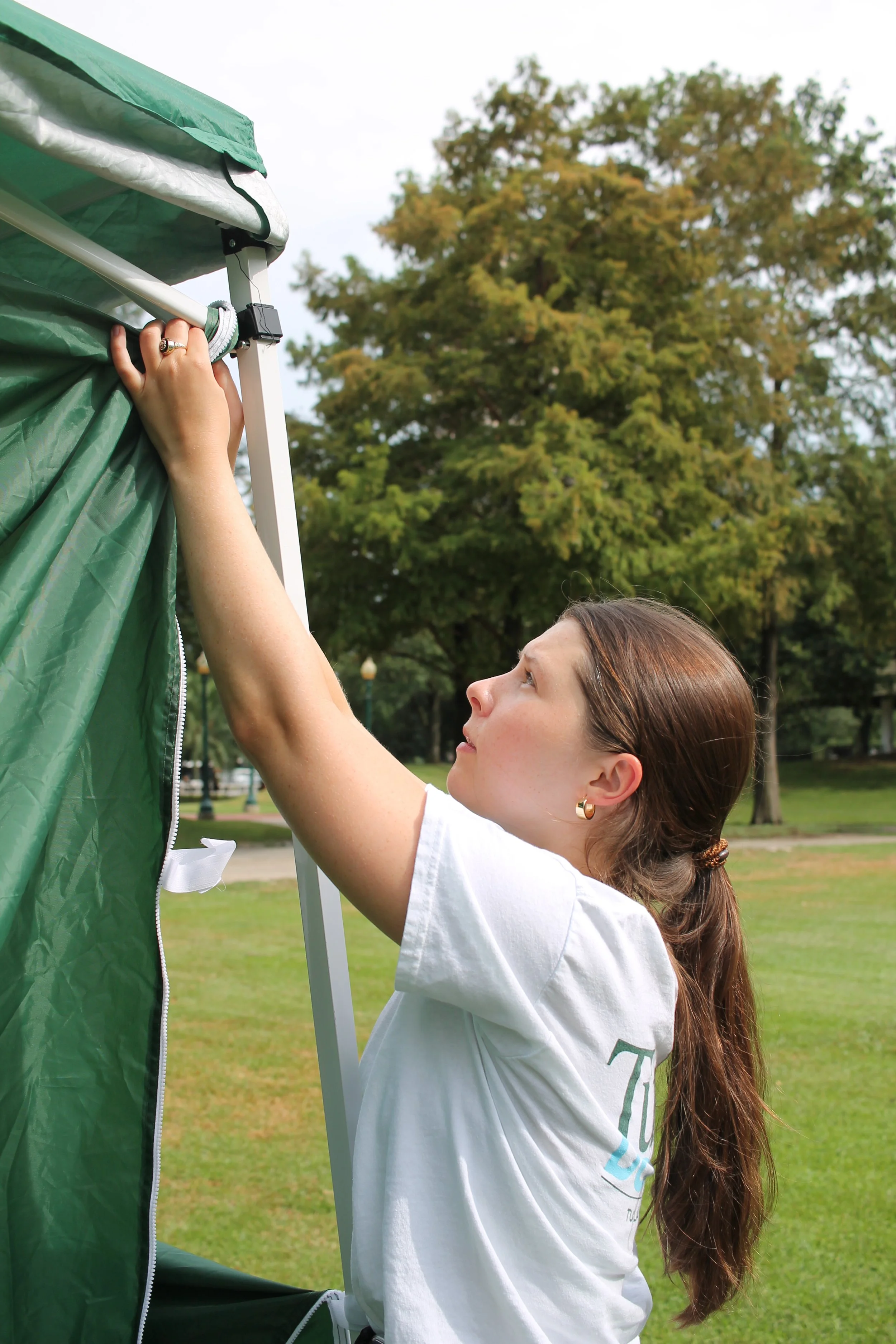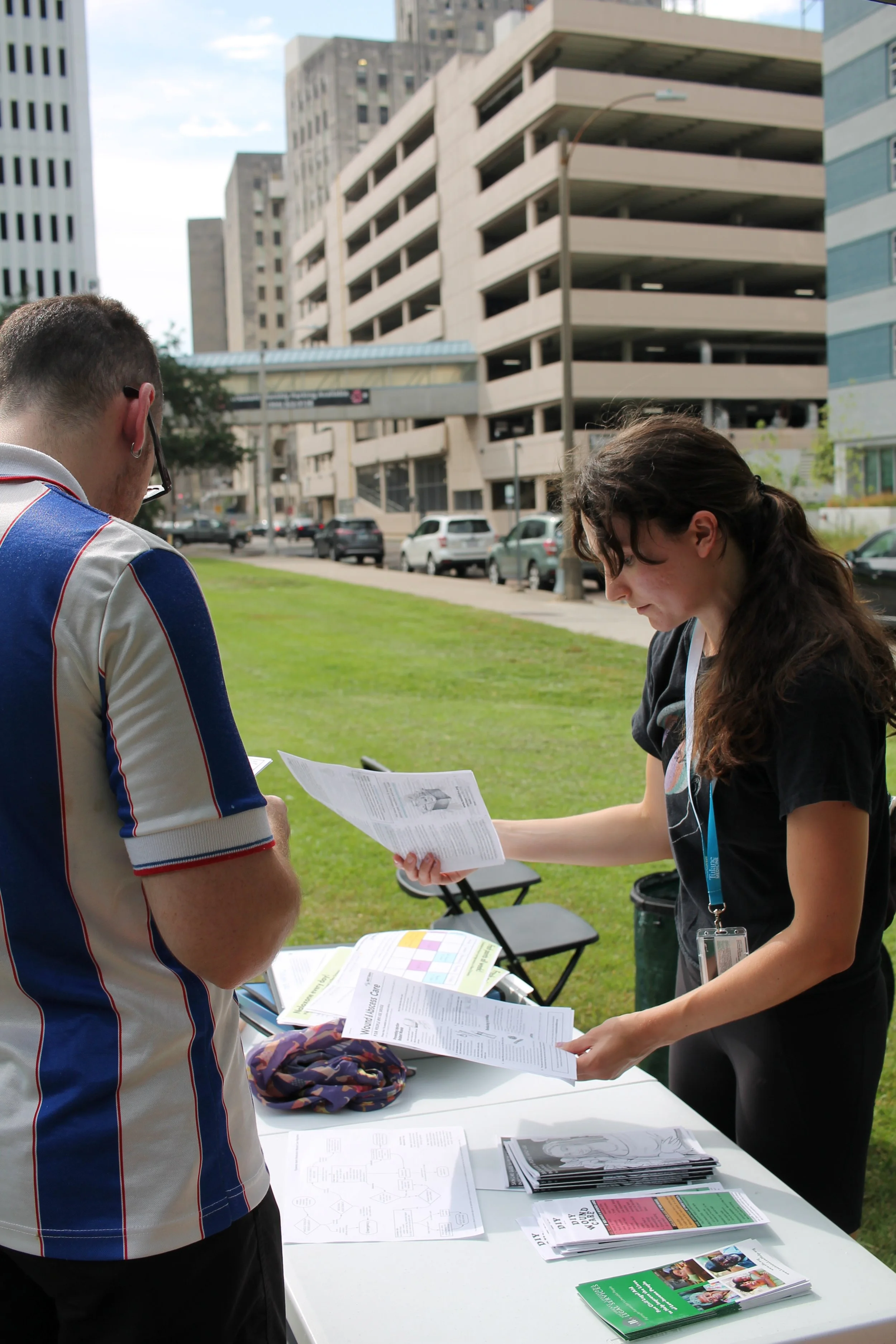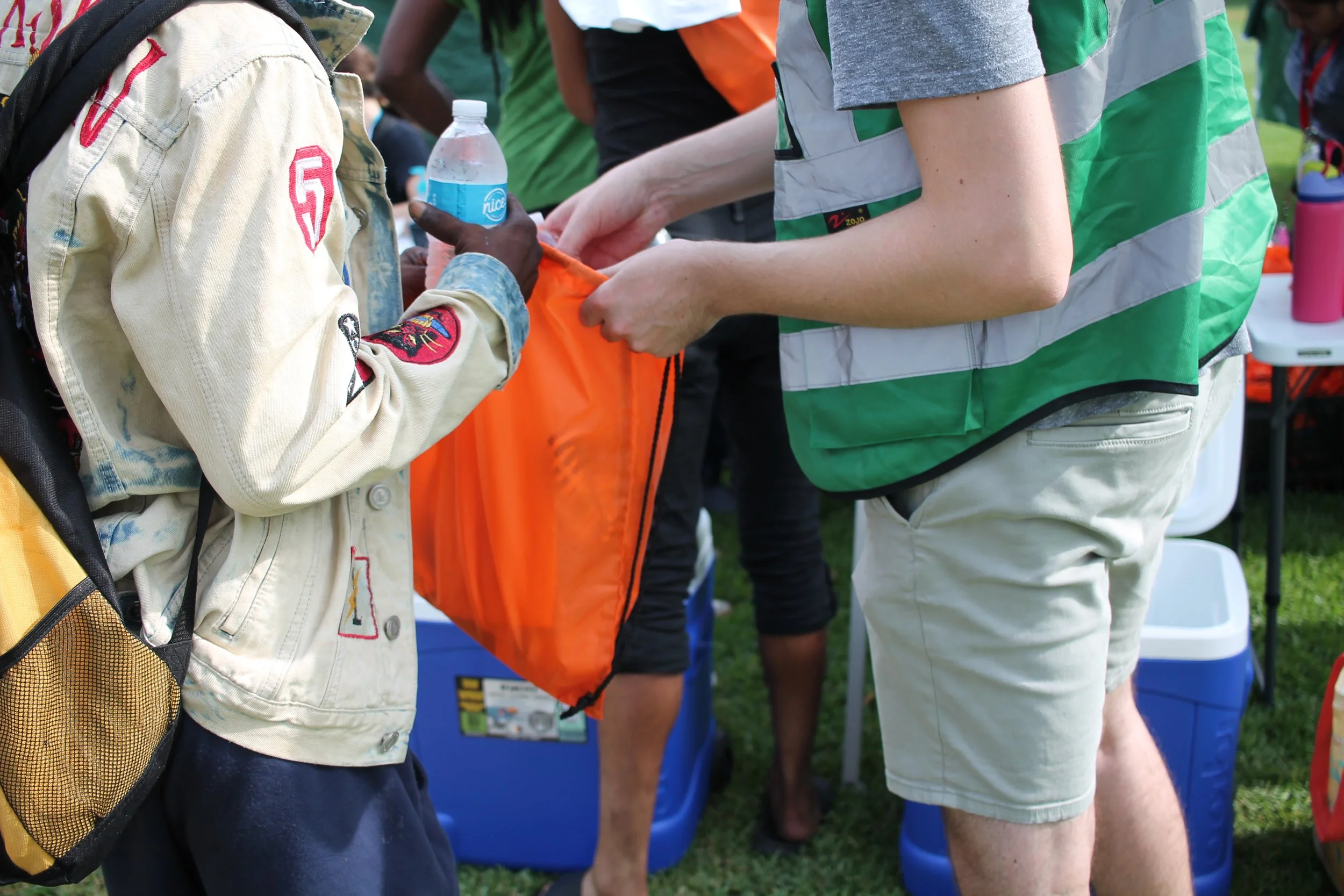Street Health Preceptor Clinic
Address: Duncan Plaza 1315 Gravier Street
Preceptor Clinic Hours: the last Wednesday of every month (barring extreme weather), 3:30 - 7:30 pm
HIV/HCV/HepA Hours: Wednesday, 4:30 – 6:30 pm
Vaccination Hours: Wednesday, 5:00 – 7:00 pm
Faculty Advisor: Dr. Jerry Zifodya, MD, MPH, TM
Contact Information: streetmed.TUSOM@tulane.edu
About:
Tulane Street Health (TSH) is a team of dedicated medical students, volunteer physicians, social workers, and community harm-reductionists that host outdoor monthly drop-ins in downtown New Orleans. It has been shown that stigma persists against people who are unhoused or people who use drugs, even in medical settings. This is why we created Tulane Street Health , to help students learn how to engage compassionately with a stigmatized patient population, and ultimately grow into better future physicians. We take a harm reductionist approach; we believe meeting our participants exactly where they are, on their own terms, will improve both medical student training and community health outcomes. We offer a unique setting for students to 1) converse and treat patients who engage in risk behaviors, 2) recognize and reduce our biases as future providers, and 3) form a stronger understanding of structural violence and inequality, root causes of substance use, and client-centered approaches. We think patient-centered, compassionate care for everyone matters, and are dedicated to helping Tulane medical students build these skills through Tulane Street Health .
TSH collectively seeks to provide first aid, harm reduction supplies, naloxone (the opioid overdose reversal drug), HIV/HCV testing, period supplies, legal advice, social services, wound-care kits, and hygiene kits for unhoused New Orleanians. As a student-led outreach group, we strive to enhance our medical education and the scope of our training by working to build trust between the medical community and people experiencing homelessness.
Volunteers should read over and familiarize themselves with these clinic guidelines previous to each shift.
Leadership:
Sage Teasley, Grace Yang, Lauren Lavey, Brett Muramoto, Ariana LaRocca (not pictured), Nabeela Siddeeque (not pictured)
-
Preceptor Clinic
HIV/HCV/HepA Testing
Vaccinations
Medicolegal Clinic services
Social Worker
Harm Reduction/Narcan Training
Supply Distribution
Blood pressure and glucose screning
You will first report to the Murphy Building 4th floor SCC storage room at 3:30 pm to collect and load the drop-in supplies. The physical drop-in will take place at Duncan Plaza, the park between Hutchinson and New Orleans City Hall. Specifically, the drop-in will occur at the north side of the park, across from the ThirteenFifteen apartment building.
-
Wear STREET CLOTHES (preferably a T-shirt with long pants) and be sure to BRING YOUR STUDENT OR HOSPITAL ID!!!! At the pre drop-in huddle you will be lent a TSHR vest for the duration of the drop-in. We ask that you please do NOT wear scrubs or your white coat, as you will be working with a population who is electing to receive their care outside of a formalized medical setting. Please dress appropriately for the weather (hat, umbrella, jacket, as needed), and bring a water bottle for yourself.
-
Learn more at :
Street Health Leadership -
It is worth explicitly stating that though the Street Health Response is similar to our sister preceptor clinics in many ways, it is a fundamentally different experience which requires different training and a different mindset. The clinic is outdoors and mobile, meaning no air conditioning in the summer or heating in the winter, as well as only portable lighting in the evenings of winter months. The supplies we have access to during the drop-in include only what we bring with us, meaning you likely will not have the arsenal of tools and resources you are afforded at other clinics. You will learn from patients by listening to their stories and often help them by providing them with non-medicinal supplies like hygiene kits, not by wearing your white coat and presenting their ailment to an attending.
Street Medicine chapters exist at many medical schools for the purpose of mending the often fraught relationship between healthcare providers and those experiencing homelessness, and provide a space where unhoused individuals can seek care outside of the formalized healthcare system. Making the effort to include TSHR shifts in your medical training is invaluable in becoming a physician who has the capability and humility to care for the most vulnerable of populations. Thank you for taking the time to read about our organization, and we look forward to seeing you at our drop-ins.





